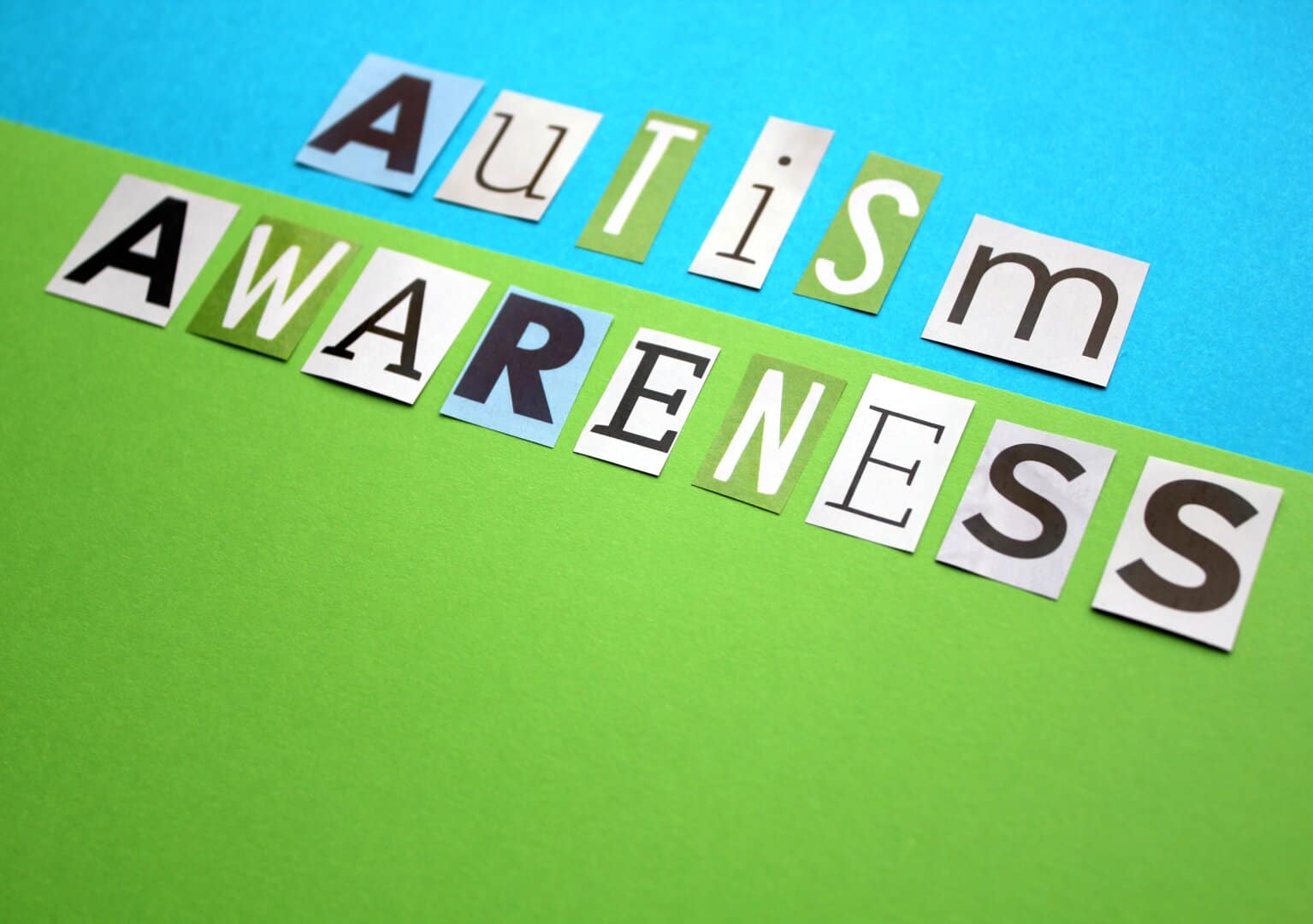Change and flexibility
People with autism may face difficulties with change and flexibility in their daily lives, which could manifest in a variety of ways. These difficulties may stem from the need for predictability and stability that individuals with autism often experience. Below are some areas in which autistic individuals might struggle with change and flexibility:
Routines and rituals: Autistic people may feel more comfortable with specific routines and rituals and may become anxious or upset if these patterns are disrupted or altered. For example, if the schedule at school or work suddenly changes, this could result in anxiety or distress.
Transitions: Switching from one activity or environment to another can be difficult for some autistic individuals. For example, they may have trouble moving from one class to another at school, returning home after a trip, or adjusting to new social settings.
Adapting to new or unfamiliar situations: People with autism may feel overwhelmed or anxious in new or unfamiliar situations. This can include meeting new people, trying different activities, or facing unexpected changes in their environment.
Flexibility in thinking: Some autistic individuals may have difficulty adapting to new perspectives or approaches, and they may cling to their ideas and beliefs. This could manifest as rigidity in their thinking or resistance to changing their mind in the face of new information.
To support autistic individuals in developing change and flexibility skills, it is essential to adopt approaches that help them feel more comfortable with uncertainty and adapt to new situations. This can include:
Introducing changes gradually: When possible, it is helpful to introduce changes gradually and predictably, so that the autistic person has time to adjust.
Establishing clear and predictable routines: Providing clear and predictable routines can help autistic people feel more secure and in control of their environment.
Preparation and anticipation: Helping autistic individuals prepare for changes and anticipate potential new situations can reduce anxiety and increase confidence in their ability to handle change.
Emotional support: Providing emotional support and understanding during times of change or uncertainty can be crucial in helping autistic individuals cope with and adapt to new situations.
By offering support and personalized adaptations, autistic individuals can be helped to develop change and flexibility skills and face challenges they may encounter in their daily lives.













